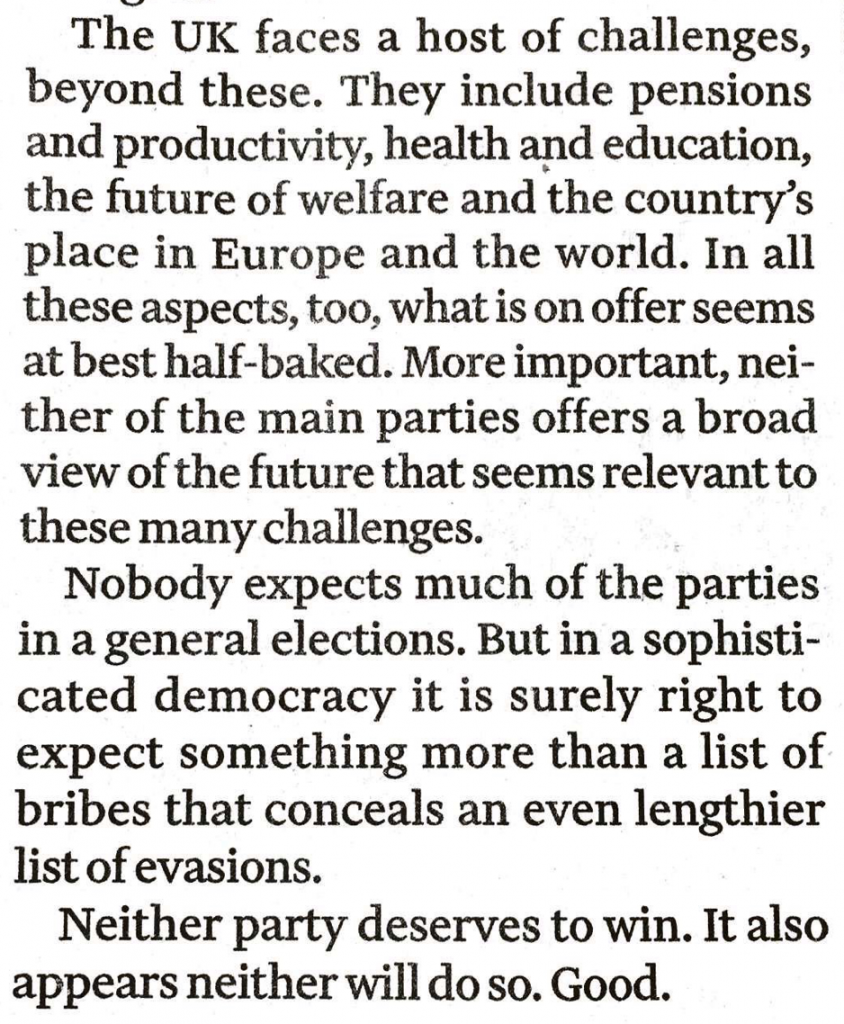From this morning’s New York Times:
PARIS — At a moment when American lawmakers are reconsidering the broad surveillance powers assumed by the government after Sept. 11, the lower house of the French Parliament took a long stride in the opposite direction Tuesday, overwhelmingly approving a bill that could give the authorities their most intrusive domestic spying abilities ever, with almost no judicial oversight.
The bill, in the works since last year, now goes to the Senate, where it seems likely to pass, having been given new impetus in reaction to the terrorist attacks in and around Paris in January. Those attacks, which included the offices of the satirical newspaper Charlie Hebdo and a kosher grocery, left 17 people dead.
As the authorities struggle to keep up with the hundreds of French citizens who travel to and from battlefields in Iraq and Syria to wage jihad, often lured over the Internet, the new steps would give the intelligence services the right to gather potentially unlimited electronic data.
The powers being sought would
allow the intelligence services to tap cellphones, read emails and force Internet companies to comply with requests to allow the government to sift through virtually all of their subscribers’ communications. Among the types of surveillance that the intelligence services would be able to carry out is bulk collection and analysis of metadata similar to that done by the United States’ National Security Agency.
The intelligence services could also request the right to put hidden microphones in a room or on objects such as cars or in computers, or to place antennas to capture telephone conversations or mechanisms that capture text messages. Both French citizens and foreigners could be tapped.
This is interesting in all kinds of ways, but mainly because it shows that surveillance isn;t just an American or a British problem. It’s a ubiquitous problem, and it’s always justified by the same rationale — states of exception


